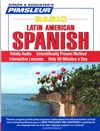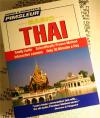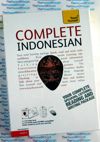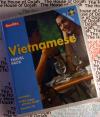Teach Yourself Complete German - Audio CDs and Book - Learn to Speak German
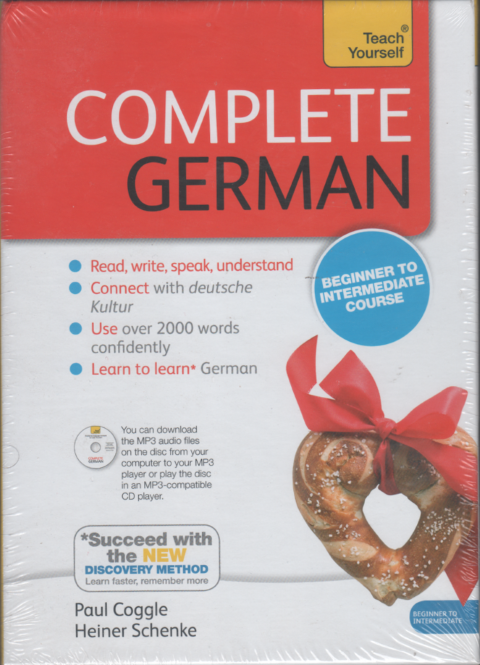
Teach Yourself Complete German2 Audio CDs & BookGet Other German Language Learning click here |
 |
Teach Yourself German - 2 Audio CDs and 480 page BookBrand New (still shrink wrapped): Are you looking for a complete course in German which takes you effortlessly from beginner to confident speaker? Whether you are starting from scratch, or are just out of practice, Complete German will guarantee success! Now fully updated to make your language learning experience fun and interactive. You can still rely on the benefits of a top language teacher and our years of teaching experience, but now with added learning features within the course and online. The course is structured in 23 thematic units and the emphasis is placed on communication, so that you effortlessly progress from introducing yourself and dealing with everyday situations, to using the phone and talking about work. By the end of this course, you will be at Level B2 of the Common European Framework for Languages: Can interact with a degree of fluency and spontaneity that makes regular interaction with native speakers quite possible without strain for either party. Learn effortlessly with full colour text, easy-to-read page design and interactive features: NOT GOT MUCH TIME? Table of Contents: About the Authors
About the German Language
In German linguistics, only the traditional regional varieties are called dialects, not the different varieties of standard German. Standard German has originated not as a traditional dialect of a specific region, but as a written language. However, there are places where the traditional regional dialects have been replaced by standard German; this is the case in vast stretches of Northern Germany, but also in major cities in other parts of the country. Standard German differs regionally, especially between German-speaking countries, especially in vocabulary, but also in some instances of pronunciation and even grammar and orthography. This variation must not be confused with the variation of local dialects. Even though the regional varieties of standard German are only to a certain degree influenced by the local dialects, they are very distinct. German is thus considered a pluricentric language. In most regions, the speakers use a continuum of mixtures from more dialectical varieties to more standard varieties according to situation. In the German-speaking parts of Switzerland, mixtures of dialect and standard are very seldom used, and the use of standard German is largely restricted to the written language. Therefore, this situation has been called a medial diglossia. Swiss Standard German is only spoken with people who do not understand the Swiss German dialects at all. It is expected to be used in school. Standard German is the only official language in Liechtenstein and Austria; it shares official status in Germany (with Danish, Frisian and Sorbian as minority languages), Switzerland (with French, Italian and Romansch), Belgium (with Dutch and French) and Luxembourg (with French and Luxembourgish). It is used as a local official language in Italy (Province of Bolzano-Bozen), as well as in the cities of Sopron (Hungary), Krahule (Slovakia) and several cities in Romania. It is the official language (with Italian) of the Vatican Swiss Guard. German has an officially recognized status as regional or auxiliary language in Denmark (South Jutland region), France (Alsace and Moselle regions), Italy (Gressoney valley), Namibia, Poland (Opole region), and Russia (Asowo and Halbstadt). German is one of the 23 official languages of the European Union. It is the language with the largest number of native speakers in the European Union, and, shortly after English and long before French, the second-most spoken language in Europe. |
Teach Yourself German - 2 Audio CDs and Book |

 0 Items (Empty)
0 Items (Empty)

